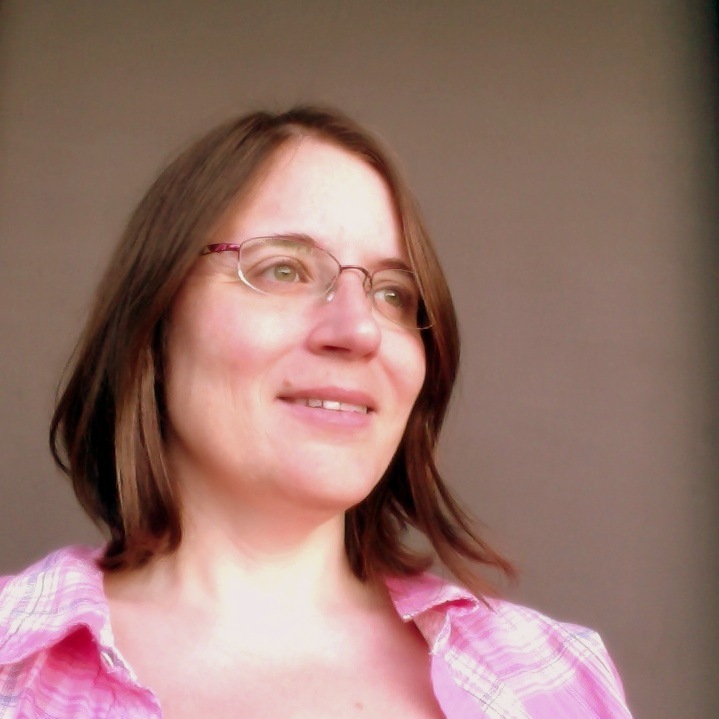
What is story?
At an early juncture in my writing journey, this question was answered with: “a story has a beginning, a middle, and an end.”
Think about that for a minute. Beginning, middle, end. A life has a beginning, a middle, and an end; does that make it a story? A road has these things. A business convention has these things. A meal has these things. Everything on the goddamn planet has these things. These are three of the most useless words in a writer’s lexicon, and for years I struggled to make sense of story based on these parameters.
Enter Laurel Leigh, my writing hero. With four simple words, she clarified the mystery of story. Let’s try this again.
What is story?
Plot, Character, Setting, Theme.
Those are the four ingredients you need to make a story. Every story ever told has those ingredients. They aren’t how you tell the story, like the previously explained Methods of Storytelling, they ARE story.
If this is a little too jargony, I can simplify it.
In journalism, every news story has these same ingredients, but they are termed by four very simple words: What, Who, Where, Why.
Plot is What happened.
Character is Who made it happen, or Who did it happen to.
Setting is Where did it happen.
And Theme is Why did it happen.
Every single story in the universe must answer these four questions: What happened? Who did it or who did it affect? Where did it happen? Why did it happen? (Journalism also includes a When, but in fiction we tend to fold this in with setting)
Murder mysteries are perhaps the most straightforward incarnation of these questions. What happened is a murder; who did it is answered by the end of the book; where they did it is often of some import; and their motive is what gives the book its substance. However, all stories answer these questions. That is what makes a story a story. In many cases it’s not nearly as straightforward as in a murder mystery. But it’s still there.
Now that I’ve stated this fact so vehemently, I want to backtrack a bit and pose the question: do we need this definition of story in order to write well?
Before I learned about the four elements, I was writing stories. Maybe not the best stories in the world, but they did have all four elements. And throughout history, I doubt that every great storyteller thought of their stories in these terms. Did Shakespeare ask himself of each play, “But does it have a plot, characters, setting and a theme? I dunno . . .”
For me, the point in defining these terms isn’t to be able to tell a story. I can do that instinctively. What these definitions do is to break down an otherwise complex subject into manageable parts, in order to fully examine the subject.
Let me rephrase that: plot, character, setting and theme offer me a window into the story through which I can make adjustments.
The question isn’t “does my story have these elements” because by definition if it is a story, it does have them, but rather “are each of these elements fully realized in order to tell the best story possible?”
Before Laurel shone a light on story, revision was a bit of a muddle. I would re-read and make changes, but I didn’t know exactly what I was looking for. Knowing the four elements of storytelling allowed me to break down the revision process and ask specific questions. Is the plot working? Are the character believable? Does the setting feel real? Is there a unifying theme that comes across to the reader? and so on.
Another effect of knowing these elements is that it reveals your own strengths and weaknesses as a writer. Instead of having a general sense of not quite being able to write the way I wanted to write, I saw clearly that I was really good at writing engaging plots but that I was weak when it came to character development. Realizing you have a problem is half the battle, and so I was able to learn what I needed to about characters and strengthen my ability to write them.
Of the 101 Things I Wish I’d Known Before I Wrote My First Book, probably about half of them fall under these four categories. So bear with me for awhile. We’ll follow plot, spend some time with character, travel to setting, and try to unravel the mysteries of theme.
Tomorrow I am participating on a panel at a high school with fellow authors Rob Slater, Joannah Miley, and Jesikah Sundin. Tomorrow’s post will be a report on that event. Then it’s two days off–yes, now that writing is my day job, I’m taking weekends off!
Monday we’ll start up again with 101 TIWIK #13: Plot, Defined
This post is part of a series of 101 Things I Wish I’d Known Before I Wrote My First Book. Start reading the series at the beginning.



One thought on “101 TIWIK #12: The Four Elements of Storytelling”